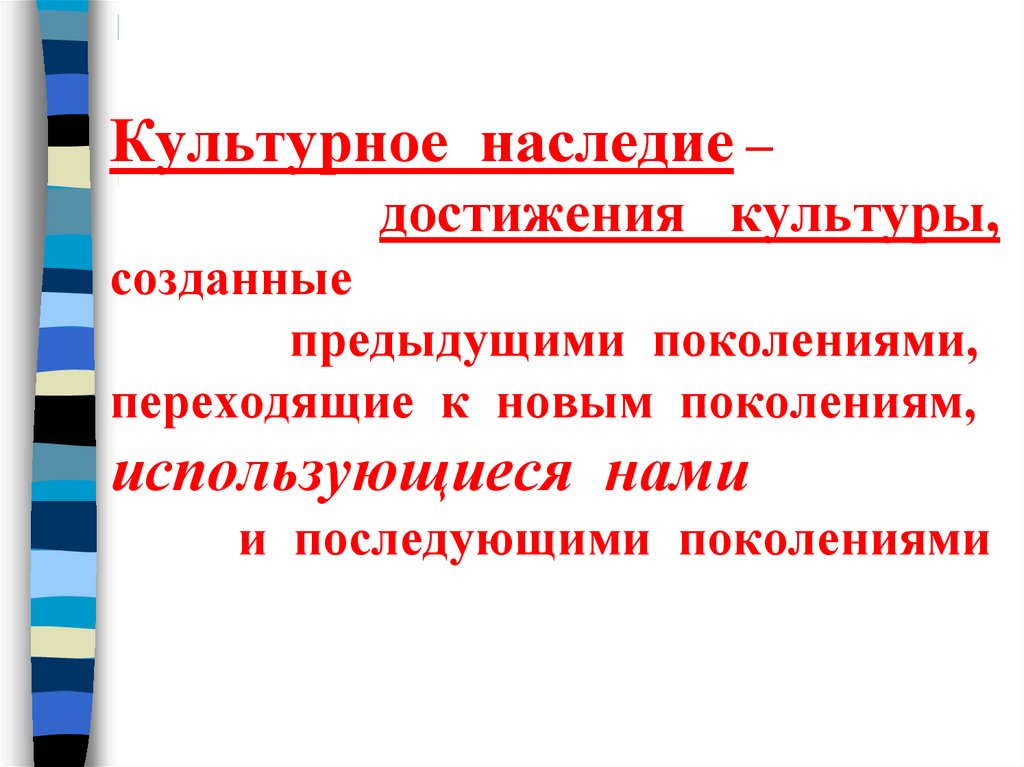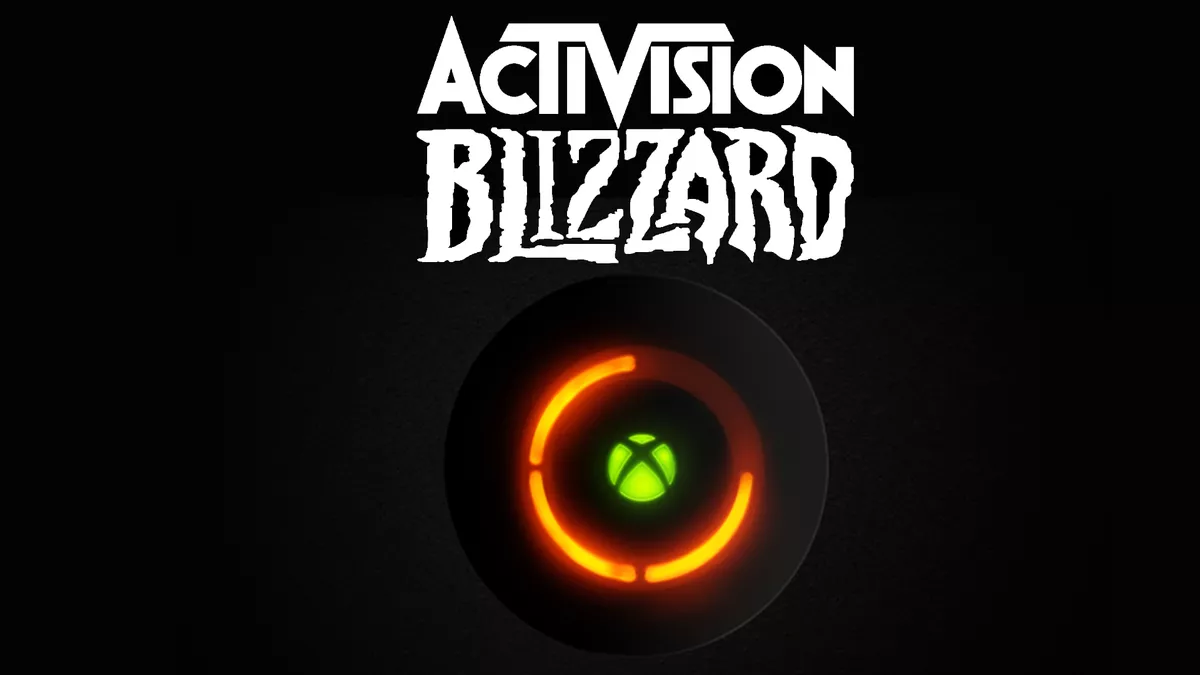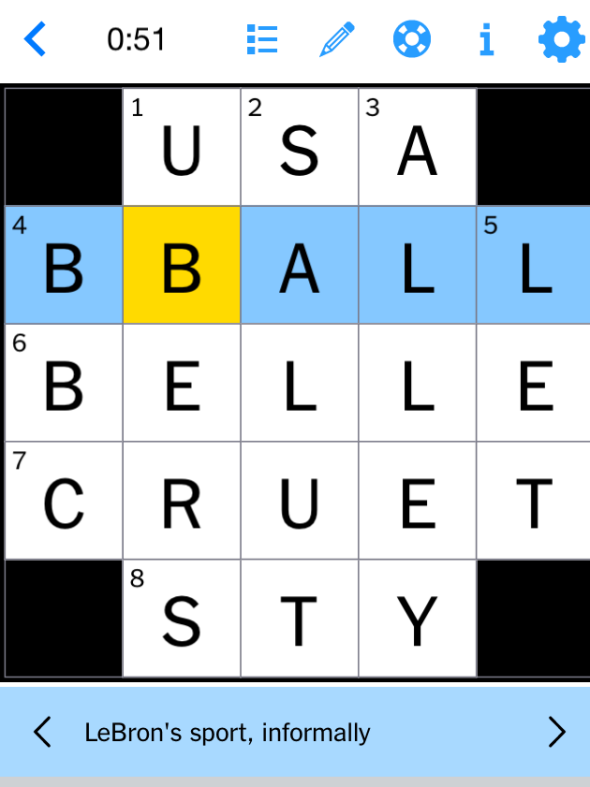The First Amendment And AI Chatbots: Examining Character AI's Legal Standing

Table of Contents
Character AI's Functionality and Content Generation
Character AI is a conversational AI platform that allows users to engage in interactive text-based conversations with various AI personalities. These personalities, ranging from historical figures to fictional characters, are designed to provide engaging and informative interactions. The platform's functionality relies on a sophisticated natural language processing model that analyzes user input and generates contextually relevant responses. This process enables Character AI to create a wide range of content, from creative writing and storytelling to philosophical discussions and technical explanations.
The user plays a crucial role in shaping the interaction, providing prompts and guiding the conversation's direction. However, the AI itself is responsible for generating the actual responses, creating a complex interplay between human input and machine output. This raises key questions about accountability and responsibility for the content generated.
- Examples of Character AI's capabilities: Generating poems, writing code, answering factual questions, role-playing scenarios.
- Different types of content generated: Creative text formats, informative responses, conversational dialogue, code snippets.
- User input and its impact on AI output: User prompts significantly determine the tone, style, and subject matter of the AI's response, yet the AI's algorithms ultimately determine the specific words and phrasing.
First Amendment Protections and AI: The Legal Precedent
The First Amendment of the U.S. Constitution guarantees freedom of speech, but applying this principle to AI-generated content presents considerable challenges. Existing legal precedent focuses largely on human expression, leaving the legal status of AI-generated content somewhat ambiguous. While courts have addressed related issues concerning the liability of online platforms for user-generated content (Section 230 of the Communications Decency Act being a key example), the question of AI's own "speech" remains largely uncharted territory.
- Relevant Supreme Court cases and legal rulings: Cases concerning online defamation, incitement, and the liability of internet service providers provide some guidance, but they don't directly address AI-generated content.
- Differences between human speech and AI-generated content in legal terms: The lack of intent or consciousness in AI raises questions about whether the same standards for liability should apply.
- The role of intent and foreseeability in determining liability: Determining whether a platform should be held liable for AI-generated content depends on factors such as the platform's knowledge of potential harm and its efforts to mitigate such risks.
Character AI's Potential Liabilities: Copyright, Defamation, and Harmful Content
Character AI, like other similar platforms, faces several potential legal risks. One significant concern is copyright infringement. If the AI generates content that substantially mirrors copyrighted material, the platform could face legal action. Additionally, the potential for the AI to generate defamatory statements or disseminate harmful misinformation, including hate speech or incitement to violence, poses serious liabilities.
- Specific examples of potential copyright violations: The AI might inadvertently reproduce copyrighted text, code, or images in its responses.
- Legal standards for defamation and how they apply to AI: Establishing the elements of defamation (false statement, publication, harm to reputation) in the context of AI-generated content requires careful consideration.
- Character AI's content moderation policies and their effectiveness: The platform's policies and their efficacy in preventing the generation and dissemination of harmful content are crucial in mitigating legal risk.
Character AI's Legal Strategies and Responsibilities
Character AI employs various strategies to manage potential legal risks. These include content moderation policies, user reporting mechanisms, and terms of service that outline user responsibilities and the platform's limitations of liability. The platform aims to strike a balance between protecting free expression and mitigating harmful content. However, the effectiveness of these measures remains a subject of ongoing debate and legal scrutiny. Potential legal defenses could involve arguments under Section 230, focusing on the platform's role as an intermediary rather than a content creator.
- Details about Character AI's terms of service: These documents outline the acceptable use policies, limitations of liability, and dispute resolution procedures.
- Description of their reporting mechanisms: Users can report content they deem inappropriate or harmful, allowing Character AI to review and potentially remove it.
- Discussion of potential legal strategies (e.g., Section 230 protections): The platform might rely on arguments that it is not directly responsible for the content generated by its AI.
Understanding the First Amendment Implications for Character AI and Similar Platforms
The legal landscape surrounding AI chatbots and the First Amendment is constantly evolving. This article highlights the complexities of applying established legal frameworks to a rapidly developing technology. Character AI's legal standing hinges on a nuanced understanding of its functionality, potential liabilities, and proactive mitigation strategies. The ongoing development of AI necessitates a continuous dialogue on responsible development, ethical considerations, and legal frameworks to ensure both innovation and the protection of fundamental rights.
We need further discussion and research to fully understand the implications of Character AI First Amendment rights in the age of AI. To learn more about the intersection of AI law and ethics, consider exploring resources from organizations like the AI Now Institute and the Future of Privacy Forum. Let's continue this vital conversation to shape a future where innovation and free speech coexist responsibly.

Featured Posts
-
 Chto Udalos Nashemu Pokoleniyu Vzglyad Na Nasledie
May 24, 2025
Chto Udalos Nashemu Pokoleniyu Vzglyad Na Nasledie
May 24, 2025 -
 Ftcs Appeal Could Delay Microsofts Activision Purchase
May 24, 2025
Ftcs Appeal Could Delay Microsofts Activision Purchase
May 24, 2025 -
 Your Dream Escape To The Country Property Types And Considerations
May 24, 2025
Your Dream Escape To The Country Property Types And Considerations
May 24, 2025 -
 Nyt Mini Crossword Solutions March 26 2025
May 24, 2025
Nyt Mini Crossword Solutions March 26 2025
May 24, 2025 -
 Luxus Porsche 911 80 Millio Forintos Extrafelszereltseg
May 24, 2025
Luxus Porsche 911 80 Millio Forintos Extrafelszereltseg
May 24, 2025
Latest Posts
-
 Record Low Memorial Day Gas Prices Expected
May 24, 2025
Record Low Memorial Day Gas Prices Expected
May 24, 2025 -
 Stitchpossible Weekend Box Office A 2025 Showdown Predicted
May 24, 2025
Stitchpossible Weekend Box Office A 2025 Showdown Predicted
May 24, 2025 -
 Expect Lower Gas Prices This Memorial Day Weekend
May 24, 2025
Expect Lower Gas Prices This Memorial Day Weekend
May 24, 2025 -
 Memorial Day 2025 Everything You Need To Know About The Observance
May 24, 2025
Memorial Day 2025 Everything You Need To Know About The Observance
May 24, 2025 -
 When Is Memorial Day 2025 Your Guide To The May Holiday Weekend
May 24, 2025
When Is Memorial Day 2025 Your Guide To The May Holiday Weekend
May 24, 2025
